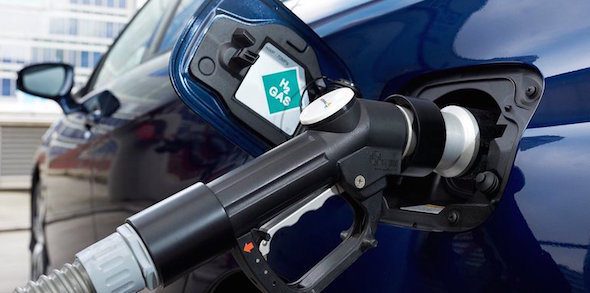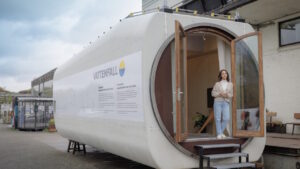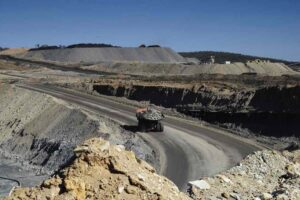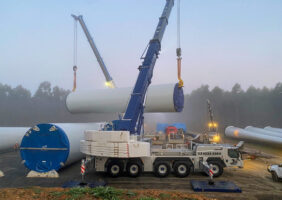The South Australian government has called for tenders for hydrogen infrastructure proposals, and for the supply of hydrogen-fuelled buses, as part of its plan to transform the state into a zero carbon “hydrogen economy,” based on its nation-leading wind and solar assets.
The tenders – which are part of the government’s plan to build a South Australian hydrogen production facility and refuelling station – are part of the Weatherill government’s Hydrogen Roadmap, launched on Friday under its $150 million Renewable Technology Fund.
The government is also seeking to trial at least six hydrogen cell buses in the Adelaide Metro fleet, and is calling for proposals to supply those, along with necessary refuelling and hydrogen fuel production infrastructure.
Developed with industry – including Siemens and Advisian (a part of the WorleyParsons Group) – the Roadmap outlines how the state’s nation-leading renewable wind and solar capacity can attract international investment in hydrogen production.
The “techno-economic” guide also includes an interactive map that aims to help investors and project developers to identify sites suitable for hydrogen infrastructure in the state.
South Australia’s move into hydrogen comes as the state bounds ahead on large-scale wind and solar, having passed its 50 per cent renewable energy target last year, eight years ahead of schedule.
Hydrogen can be produced from surplus renewable sources such as wind or solar through a process called electrolysis, which splits clean water into hydrogen and oxygen. That hydrogen can then be used in a hydrogen fuel cell to power vehicles, or exported around the world.
“The beauty of Hydrogen is that it can be made using excess energy capacity driven by renewables and then used in a vast range of business applications,” said Siemens Australia and New Zealand chief, Jeff Connolly on Friday.
“South Australia’s abundant renewable resources and renewable targets lends itself to hydrogen solutions,” he said.
“Hydrogen offers an opportunity to create a new industry in South Australia where we can export our sun and wind resources to the world,” said state energy minister Tom Koutsantonis in a statement on Friday.
“Our Hydrogen Roadmap aims to have South Australia at the forefront of hydrogen development in this region within the next decade,” he said.
Koutsantonis said that, in line with the Roadmap, Adelaide commuters would be able to ride on the first of a fleet of hydrogen-powered buses using locally-produced fuel within two years.
And within three years, the state aims to have the capacity to export its first hydrogen supplies produced using local renewable energy assets.
“Within a decade South Australian motorists should be able to drive from Ceduna to Mt Gambier in a hydrogen-fuelled vehicle topping up at a state-wide network of refuelling stations,” the minister said.
“If Australia can find a way to export renewable energy then we can build on our coal and gas export businesses and maintain our role well into the future as a regional energy export superpower,” Connolly added.











